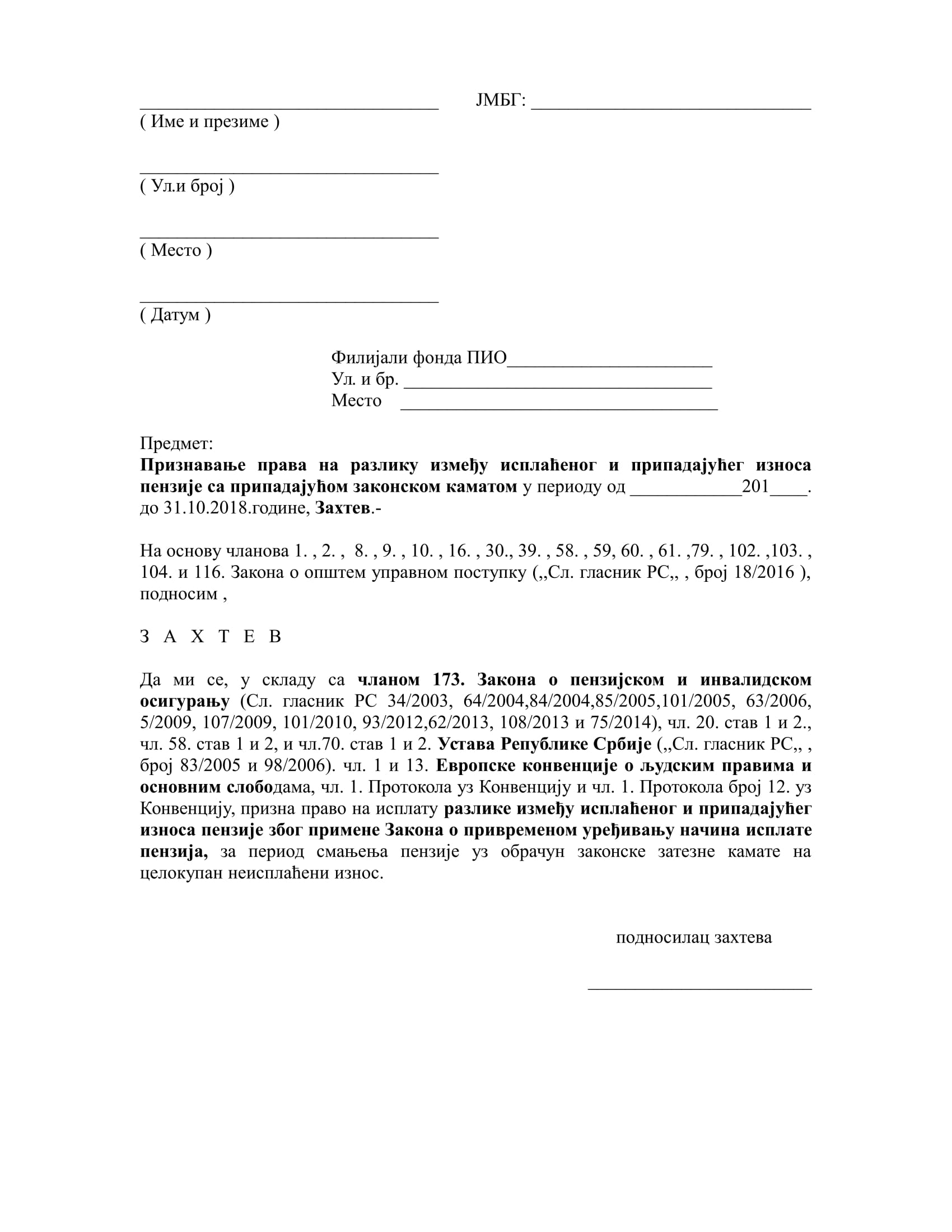Rethinking Middle Management: Why They Matter In Today's Workplace

Table of Contents
The Bridge Between Leadership and Employees
Middle managers serve as a vital bridge, connecting high-level leadership with frontline employees. Their effectiveness directly impacts communication flow, employee development, and overall team morale.
Facilitating Communication and Feedback
Middle managers act as a crucial link, translating top-down strategies into actionable plans and relaying employee feedback upwards. They filter information, ensuring clarity and minimizing misunderstandings that can derail projects and harm morale. Effective communication techniques are essential for strong middle managers.
- Regular team meetings: Providing consistent updates and opportunities for discussion.
- Open-door policies: Encouraging open dialogue and addressing concerns proactively.
- Active listening: Showing genuine interest in employee perspectives and concerns.
- Transparent communication channels: Ensuring information flows freely in both directions.
Strong middle managers understand the importance of two-way communication, ensuring that information flows seamlessly between leadership and employees, and fostering a culture of open dialogue.
Mentoring and Development
Middle managers play a significant role in mentoring and developing junior employees, acting as vital contributors to leadership development within the organization. They provide valuable on-the-job training, guidance, and support, fostering talent growth and improving employee retention.
- Performance reviews: Providing constructive feedback and identifying areas for improvement.
- Coaching sessions: Offering personalized guidance and support to help employees develop their skills.
- Identifying training needs: Recognizing skill gaps and advocating for appropriate training opportunities.
- Fostering a supportive work environment: Creating a culture of learning and growth.
By investing in the leadership skills of their middle managers, organizations can create a pipeline of future leaders and significantly improve employee retention rates.
Driving Productivity and Efficiency
Effective middle managers are essential drivers of productivity and efficiency within their teams. Their ability to manage projects, improve processes, and foster innovation directly impacts organizational outcomes.
Team Management and Goal Setting
Middle managers are responsible for setting clear, achievable goals, delegating tasks effectively, and monitoring team progress. They provide the necessary support and resources to ensure team members can reach their objectives. Strong project management skills are critical for success in this role.
- Project planning: Defining clear objectives, timelines, and resource allocation.
- Task delegation: Assigning tasks based on individual strengths and capabilities.
- Progress tracking: Monitoring progress against goals and identifying potential roadblocks.
- Performance monitoring: Evaluating individual and team performance and providing feedback.
- Problem-solving: Identifying and resolving issues that hinder productivity.
This proactive management style ensures that projects stay on track and that team members are working efficiently.
Process Improvement and Innovation
Middle managers, being closest to day-to-day operations, are uniquely positioned to identify areas for process improvement and drive innovation. They can champion new ideas, implement best practices, and streamline workflows to boost efficiency.
- Identifying bottlenecks: Pinpointing areas where processes are slowing down or breaking down.
- Streamlining workflows: Simplifying processes to reduce waste and improve efficiency.
- Suggesting new technologies: Introducing tools and technologies that can enhance productivity.
- Implementing best practices: Adopting proven methods to improve performance.
By empowering middle managers to identify and implement improvements, organizations can foster a culture of continuous improvement and innovation.
Fostering Employee Engagement and Retention
Middle managers significantly influence employee engagement and retention. Their leadership style, team-building skills, and ability to address employee concerns directly impact employee morale and turnover rates.
Building Strong Team Dynamics
Middle managers create a positive and supportive work environment that fosters collaboration and teamwork. They recognize and reward employee contributions, boosting morale and motivation, and creating a culture of respect and inclusivity.
- Team-building activities: Organizing activities to strengthen team bonds and improve communication.
- Recognition programs: Acknowledging and rewarding employee achievements and contributions.
- Addressing conflicts constructively: Resolving disagreements fairly and efficiently.
- Promoting work-life balance: Creating a supportive environment that respects employees' personal lives.
A strong team dynamic fostered by effective middle management is crucial for high employee morale and improved productivity.
Reducing Employee Turnover
By addressing employee concerns, providing support, and offering opportunities for growth, middle managers contribute significantly to higher employee retention rates. Their proactive approach reduces turnover costs and maintains valuable institutional knowledge.
- Addressing employee concerns: Listening to and resolving employee issues promptly and fairly.
- Providing regular feedback: Offering constructive criticism and positive reinforcement.
- Offering career development opportunities: Supporting employees in their professional growth.
- Promoting a positive work culture: Creating an environment where employees feel valued and respected.
Investing in effective middle management is a powerful strategy for improving employee retention and reducing the significant costs associated with employee turnover.
Conclusion
Rethinking middle management reveals their indispensable role in today's workplace. They are not simply cogs in the machine; they are vital connectors, mentors, and drivers of productivity and employee engagement. Investing in their development, empowering them to lead effectively, and recognizing their contributions are crucial for organizational success. By embracing a modern approach to middle management, businesses can unlock significant improvements in employee retention, productivity, and overall organizational health. Reimagine your approach to middle management today and reap the rewards of a highly engaged and productive workforce. Invest in your middle managers—invest in your future.

Featured Posts
-
 How To Interpret And React To Flood Alerts
May 26, 2025
How To Interpret And React To Flood Alerts
May 26, 2025 -
 Zavidna Penzija Kako Penzioneri Zive U Bogatstvu
May 26, 2025
Zavidna Penzija Kako Penzioneri Zive U Bogatstvu
May 26, 2025 -
 North Myrtle Beach Excessive Water Use Public Safety Risks And Solutions
May 26, 2025
North Myrtle Beach Excessive Water Use Public Safety Risks And Solutions
May 26, 2025 -
 Explore Jensons Fw 22 Extended Line New Styles And Details
May 26, 2025
Explore Jensons Fw 22 Extended Line New Styles And Details
May 26, 2025 -
 Cyclist Mathieu Van Der Poel Assaulted At Paris Roubaix Legal Proceedings Begin
May 26, 2025
Cyclist Mathieu Van Der Poel Assaulted At Paris Roubaix Legal Proceedings Begin
May 26, 2025
